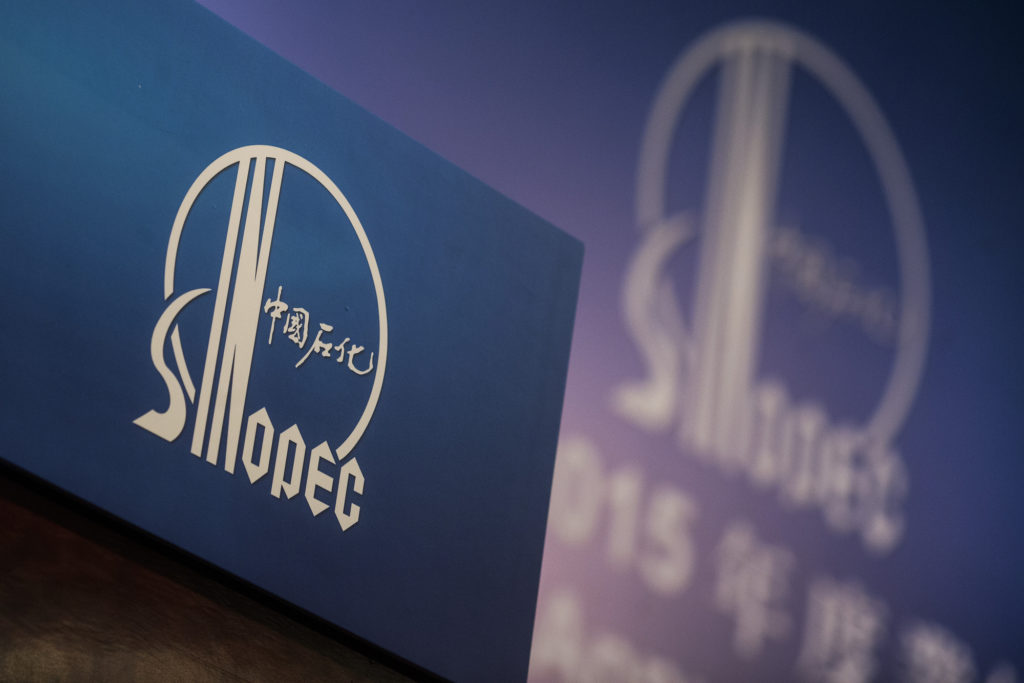
Sinopec has finally revealed how much money it lost on bad oil bets.
The refining giant, officially known as China Petroleum & Chemical Corp., said on Friday that its trading unit had an operating loss of about 4.65 billion yuan (£526 million) last year after misjudging prices and using “inappropriate” hedging techniques.
It’s the first time the company has given the size of the loss at the unit, known as Unipec, which was first reported in December and led to the suspension of two executives. While it’s a smaller hit than some had speculated, it’s still a massive mishap that eclipses China Aviation Oil’s infamous $550 million blunder in 2004.
The troubles at Unipec were unearthed as prices began to crash in the final quarter of last year. Brent crude, the global benchmark, tumbled from nearly $87 in October to just below $50 after Christmas.
“The company discovered in its regular supervision that there were unusual financial data in the hedging business of Unipec,” Sinopec said in a Hong Kong stock exchange filing. “Further investigations have indicated that the misjudgment about the global crude oil price trend and inappropriate hedging techniques applied for certain parts of hedging positions” resulted in the losses.
There have been bigger oil trading busts. Metallgesellschaft AG suffered a $1.2 billion loss in 1994 when a hedging strategy failed. China Aviation Oil fell foul of a surge in oil prices to a record that forced it close speculative trades when it couldn’t meet funding requirements.
Separately on Friday, Sinopec said it estimated full-year net income rose 22 percent to 62.4 billion yuan, citing Chinese accounting standards. That compares with the 70 billion average forecast by 12 analysts compiled by Bloomberg, which uses international standards.
